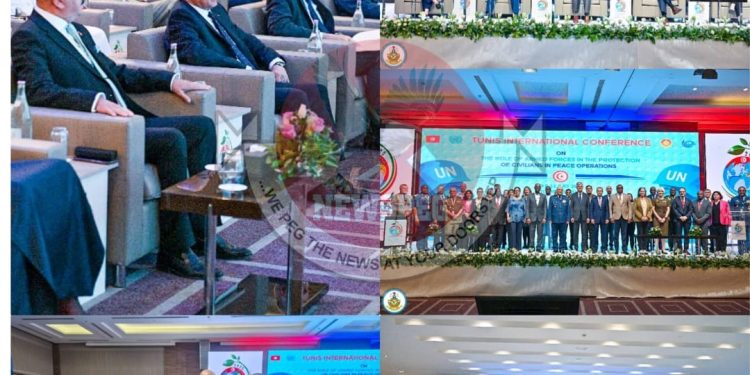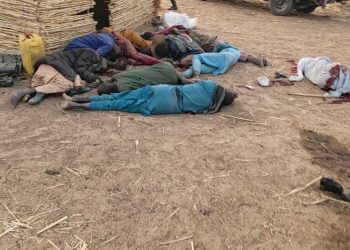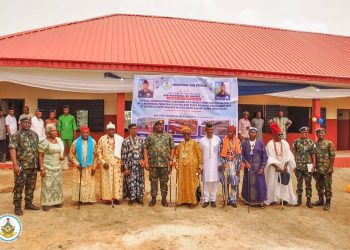…UN, African Defence Leaders Hail CHMR Action Plan as Model for Modern Air Forces
By Nkechi Eze
The Nigerian Air Force (NAF) has garnered international praise for its pioneering efforts in protecting civilian lives during military operations, emerging as a continental trailblazer in the development and implementation of a comprehensive Civilian Harm Mitigation and Response-Action Plan (CHMR-AP). The accolades came during the recently concluded United Nations and Tunisian Defence Forces–sponsored Conference on the Protection of Civilians, held in Tunis, Tunisia.
In an official statement signed by the NAF Director of Public Relations and Information, Air Commodore Ehimen Ejodame, the Air Force was specifically commended for embedding leadership oversight, institutionalised training, and data-driven decision-making processes into its operational architecture. Delegates at the high-level forum lauded the NAF for integrating robust strategies to minimise civilian harm across the full spectrum of air operations, calling it a forward-thinking model worthy of global emulation.
Participants further highlighted the NAF’s proactive approach in addressing key risks such as target misidentification and confirmation bias, and applauded the establishment of a strategic communication framework aimed at ensuring transparency and accountability in the management of civilian harm incidents.
Representing the Chief of the Air Staff (CAS), Air Marshal Hasan Bala Abubakar, at the conference, the Director of Cooperation and Coordination at the NAF Civil-Military Relations Branch, Air Vice Marshal Edward Gabkwet, reaffirmed the Service’s deep-rooted commitment to civilian protection.
“Protecting civilians is not only a moral imperative but a constitutional responsibility embedded in the 1999 Nigerian Constitution,” Gabkwet said, underscoring the Air Force’s duty to serve in line with both national and international legal obligations.
In a message delivered through Gabkwet, Air Marshal Abubakar emphasised that the CHMR-AP reflects a deliberate shift in the operational philosophy of the Nigerian Air Force. He stressed that the Air Force’s combat effectiveness must always be balanced with humanitarian sensitivity.
“Our operational effectiveness must never come at the expense of civilian lives. We are committed to ensuring that our air operations reflect both precision and compassion,” the CAS stated. “Past experiences have taught us that if we neglect civilian harm mitigation, short-term gains can quickly transform into long-term strategic setbacks.”
Air Marshal Abubakar revealed that the rollout of the CHMR-AP has moved swiftly from planning to execution under his leadership. “We recognise the urgency. Civilian harm mitigation is now a core component of how we fight and how we lead,” he declared.
As part of the institutional framework already established under the CHMR-AP, the NAF has inaugurated a Civilian Harm Mitigation Board to provide strategic oversight, activated a Civilian Harm Assessment Cell for independent investigations, and launched a dedicated department at the Air Warfare Centre to drive capacity-building initiatives. Field-level integration of civilian protection considerations into air operations is also ongoing across multiple theatres of engagement.
The two-day conference in Tunis brought together over 100 participants, including senior military officers, regional and sub-regional organisation representatives, civil society actors, and top officials from the United Nations. Among the high-profile attendees were the UN Under-Secretary-General for Peace Operations, Mr Jean-Pierre Lacroix; Senegal’s Minister of the Armed Forces, General Birame Diop (Rtd); and Ghana’s Deputy Minister for Defence, Mr Ernest Brogyi Genyi.
While the spotlight was firmly on the Nigerian Air Force, the conference also served to galvanise continental momentum toward civilian protection, reinforcing the need for African militaries to institutionalise safeguards and accountability measures during armed conflict.
















